
The African 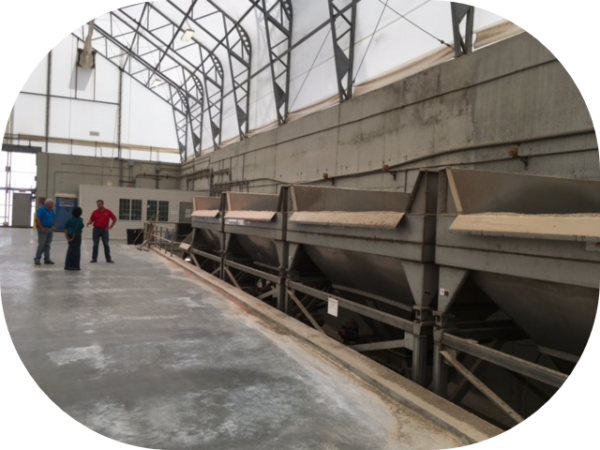
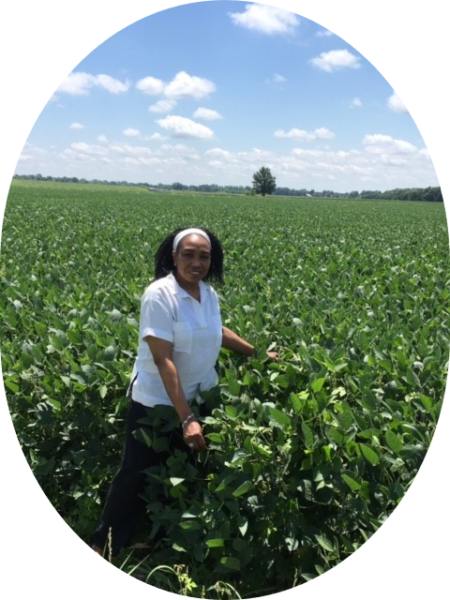 fertilizer market has the highest growth rate among other fertilizer markets (4.4% annually), especially in Sub-Saharan Africa (6.3% annually), where the policy and economic environment in a number of countries is stimulating demand for fertilizers.
fertilizer market has the highest growth rate among other fertilizer markets (4.4% annually), especially in Sub-Saharan Africa (6.3% annually), where the policy and economic environment in a number of countries is stimulating demand for fertilizers.
AGRIFERT’s take for meeting increasing demand is to produce and supply consistently high-grade fertilizers using available raw materials such as phosphate that can be locally mined in-country, and source elsewhere in the continent for other needed raw materials… Domestic production of fertilizers will thus utilize local resources, add value, create jobs, enhance readiness and timely availability to farmers.
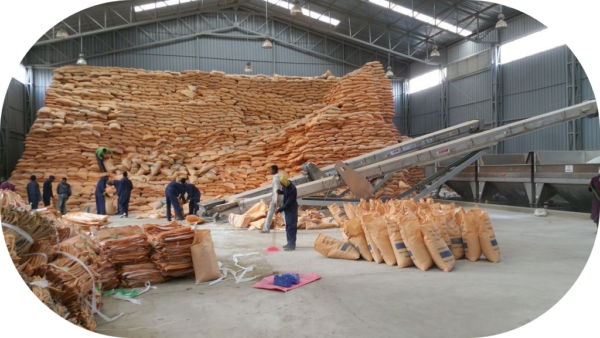 SSA faces huge reliance on imports of its
SSA faces huge reliance on imports of its 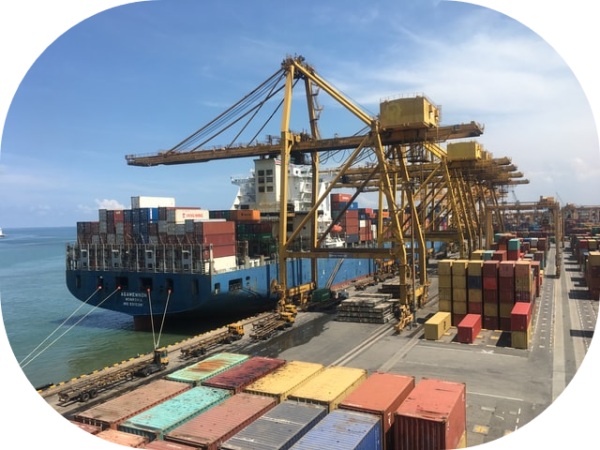 needed fertilizers; to reduce import dependency, there is a need for greater investments towards development of the industry at local and regional levels, a means of increasing competition on the supply. This must come hand-in-hand with significant steps towards policy reforms, focusing on import substitution. AGRIFERT is working with stakeholders to increase the scope for local production, through establishment of multiple blending facilities, which would drive down and stabilize prices, and importantly also, increase the needed fertilizer nutrients application per hectare.
needed fertilizers; to reduce import dependency, there is a need for greater investments towards development of the industry at local and regional levels, a means of increasing competition on the supply. This must come hand-in-hand with significant steps towards policy reforms, focusing on import substitution. AGRIFERT is working with stakeholders to increase the scope for local production, through establishment of multiple blending facilities, which would drive down and stabilize prices, and importantly also, increase the needed fertilizer nutrients application per hectare.
Maize, an important staple 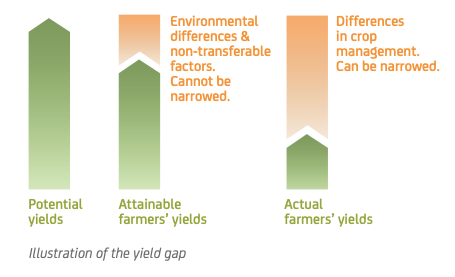 crop in SSA has shown a 1-4 ton yield gap between what farmers obtained and what researchers at research stations have manifested, indicating a serious efficiency challenge; about 50-80% of potential yield is not being realized by farmers. The challenge for policy is how to close this gap through increased and efficient use of fertilizers. AGRIFERT’s take is to play a significant role in engaging with local Government agencies and institutions, identify strategies and policy reforms that would ensure the gap between existing yields and potential yields in key crops is closed, through fertilizer use efficiency and capacity enhancement with stakeholders.
crop in SSA has shown a 1-4 ton yield gap between what farmers obtained and what researchers at research stations have manifested, indicating a serious efficiency challenge; about 50-80% of potential yield is not being realized by farmers. The challenge for policy is how to close this gap through increased and efficient use of fertilizers. AGRIFERT’s take is to play a significant role in engaging with local Government agencies and institutions, identify strategies and policy reforms that would ensure the gap between existing yields and potential yields in key crops is closed, through fertilizer use efficiency and capacity enhancement with stakeholders.
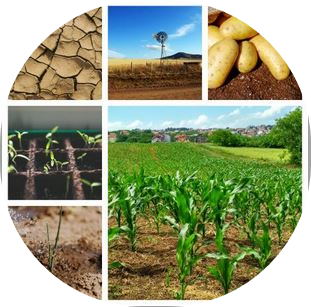 SSA
SSA 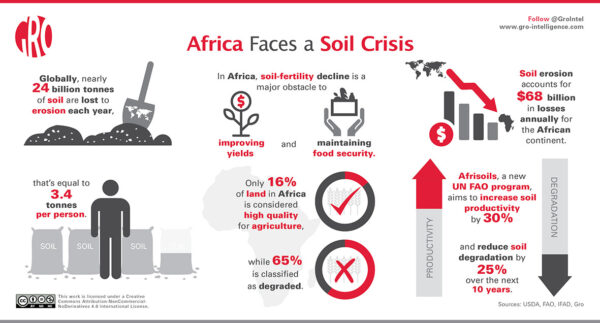 (incl. Senegal) has lowest fertilizer use per hectare of cropped land in the world (9kg/ha), whereas world’s average is 118kg/ha. This implies that SSA has a serious problem of unsustainable nutrient extraction from its cropped lands, which poses an acute threat to its future food security. Policy reforms are needed in SSA to improve predictability, reduce market displacement, promote competition and efficiency in balanced fertilizer production and marketing. AGRIFERT’s take is to facilitate demonstrations and farmer training on the efficient use and applicability of soil-tested fertilizers to reach targeted yields at adequate levels.
(incl. Senegal) has lowest fertilizer use per hectare of cropped land in the world (9kg/ha), whereas world’s average is 118kg/ha. This implies that SSA has a serious problem of unsustainable nutrient extraction from its cropped lands, which poses an acute threat to its future food security. Policy reforms are needed in SSA to improve predictability, reduce market displacement, promote competition and efficiency in balanced fertilizer production and marketing. AGRIFERT’s take is to facilitate demonstrations and farmer training on the efficient use and applicability of soil-tested fertilizers to reach targeted yields at adequate levels.
AGRIFERT'S VALUE PROPOSITION
For its Industry products, AGRIFERT Fertilizer Initiative (AFI) will
Strive for environmental safety and high-grade fertilizers with optimal soil and crop efficiency, timely availability and low costs.
Strive for efficiency and effectiveness in the management of its products and services.
Ensure balance between equity and respect for labor and humanity.
Ensure commitment to add value to country and community development processes through our Corporate Social Responsibility framework.
Accountability – we place value in our responsibility towards our clients and our counterparts/partners; and exhibit reliability in all our products and services.
Propriety Position
- In its production model using a structured format, AGRIFERT will work with Decorum and respectability as it engages with client and stakeholder constituents in the sector; its focus is on the standard, characteristics, and grade of blended fertilizers desired by agricultural producers and adapted to local soil characteristics in line with outcomes of conducted soil tests.
- Collaboration – our collaboration model with key sector institutions and entities in the country, is designed to achieve our goal of putting quality fertilizers into the hands of farmers in a timely manner including research, extension, policy…. Our model incorporates local fertilizer agents (importers and distributors), relevant government agricultural sector agencies including the extension system, and all implicated actors in the fertilizer sub-sector to ensure the specificity, validity and quality of needed fertilizers.
